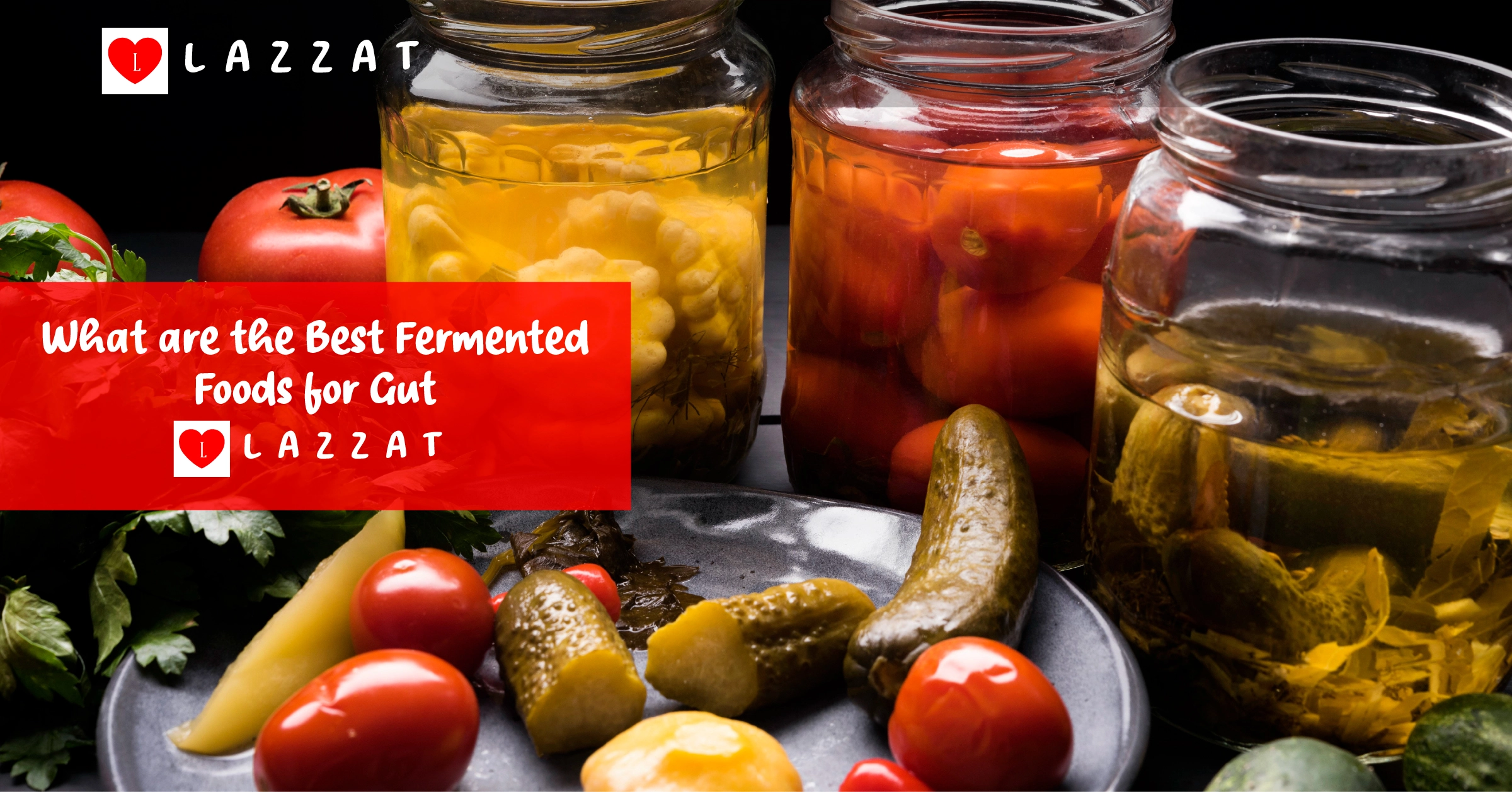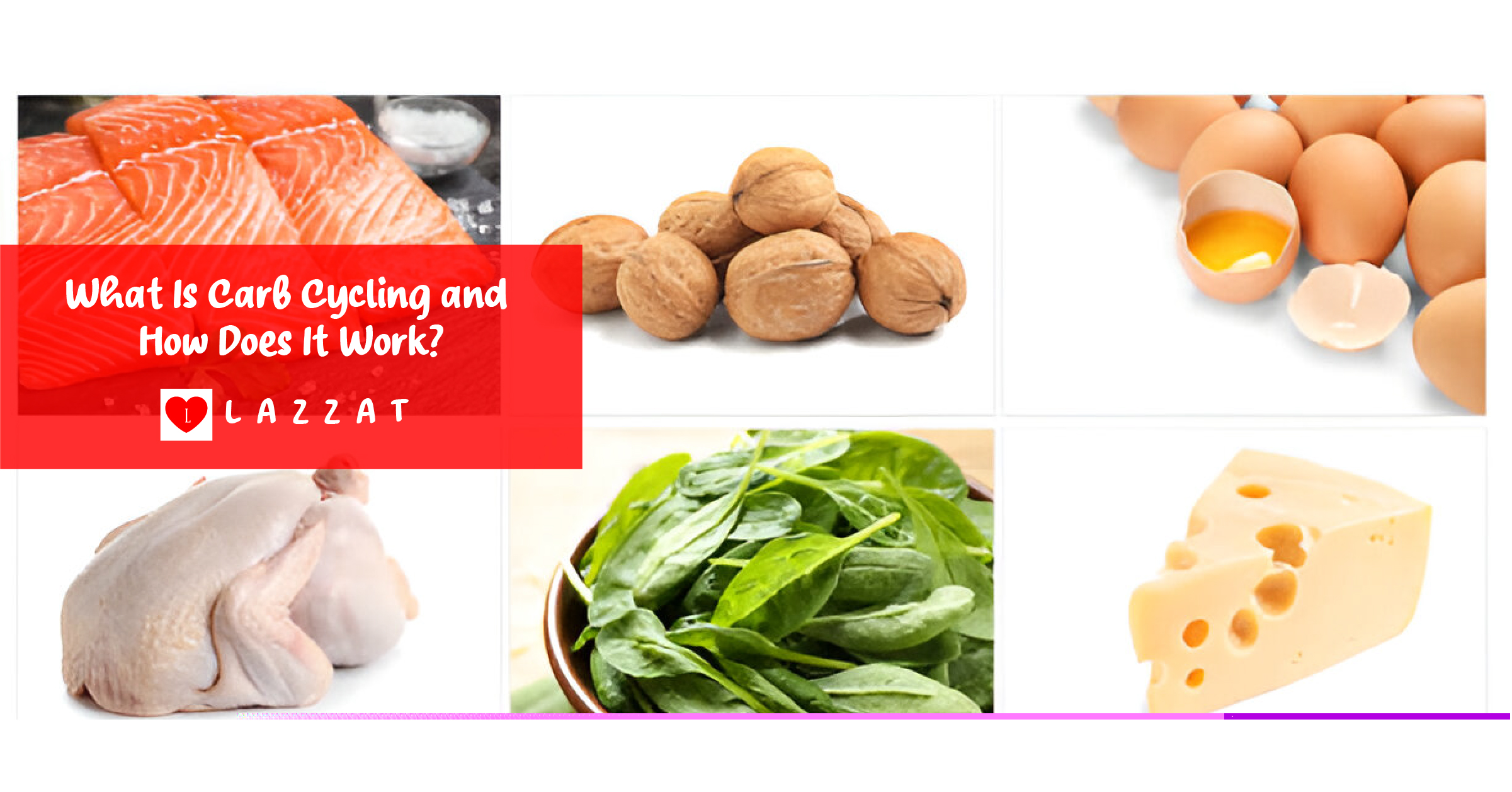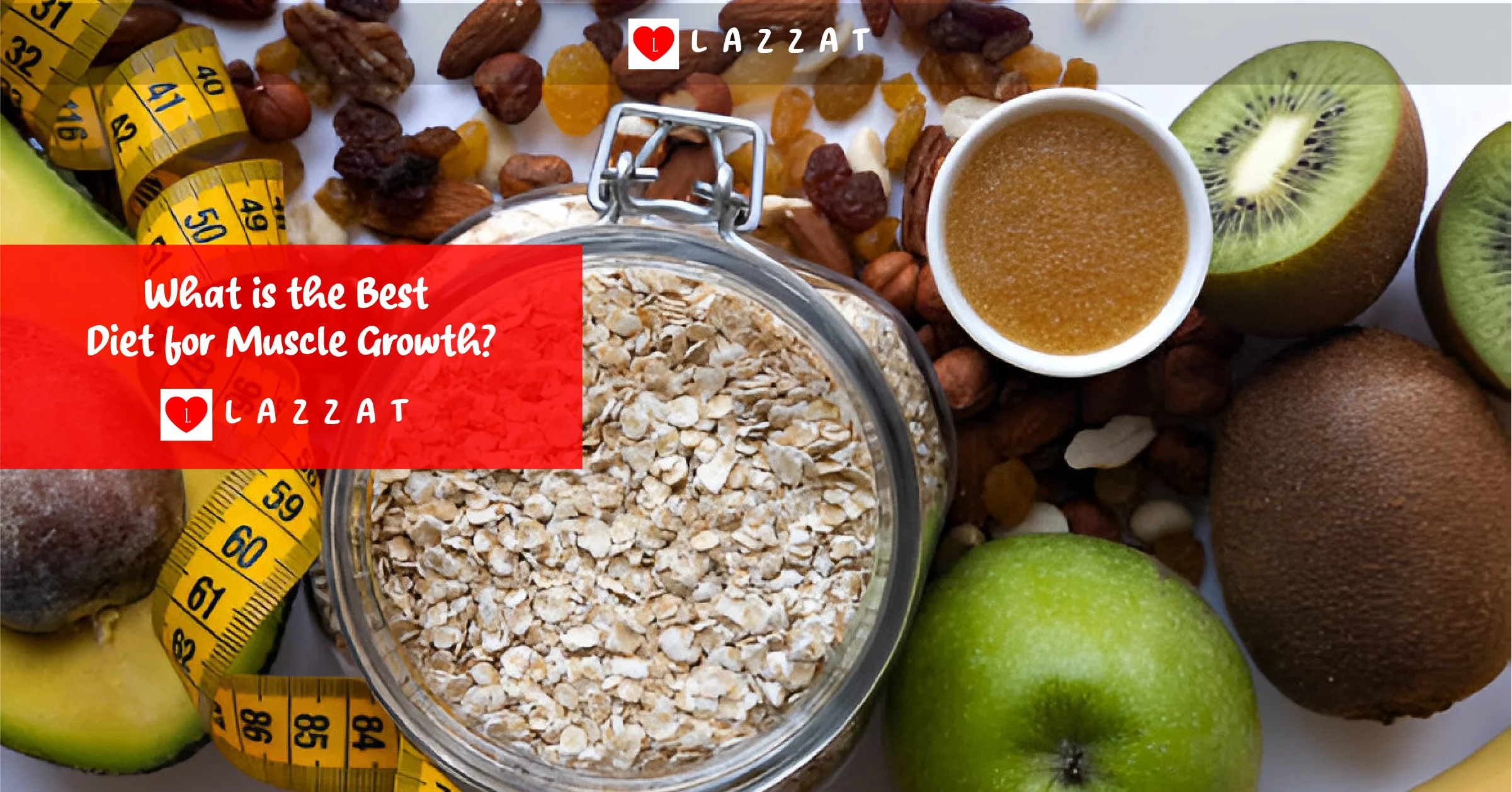Ever thought about which fermented foods could boost your gut health? From the bubbly taste of kombucha to the zesty bite of sauerkraut, fermented foods are full of good bacteria. Discovering the best fermented foods for your gut can lead to better digestion and a healthier you.
Table of Contents
The Importance of a Healthy Gut Microbiome
Your gut microbiome is home to trillions of bacteria. It’s key to your health. A diverse and balanced gut microbiome boosts your immune system and helps with nutrient absorption. It even affects your mood and mental health.
Understanding the Role of Gut Bacteria
The gut bacteria in your body work hard to keep your digestive system healthy. They break down food, extract nutrients, and support your immune system. If this balance is off, you might face health problems like digestive issues and chronic inflammation.
The Benefits of a Balanced Gut Microbiome
A balanced gut microbiome brings many benefits:
- Improved immune function: Gut bacteria help regulate your immune system, protecting you from harmful pathogens.
- Enhanced nutrient absorption: A variety of gut bacteria helps digest and absorb vitamins, minerals, and nutrients.
- Reduced inflammation: A healthy gut microbiome keeps inflammation low, lowering the risk of chronic diseases.
- Better mental health: The gut-brain axis shows that your gut microbiome affects your mood, cognitive function, and mental well-being.
Understanding the importance of a healthy gut microbiome and gut bacteria helps you maintain a balanced gut. Enjoy the many benefits it offers.
Fermented Foods: Nature’s Probiotic Powerhouses
Fermented foods are full of good probiotics, live bacteria, and yeasts. They are great for your gut health. Adding these foods to your diet brings in many gut-friendly microorganisms. They help balance your microbiome and support digestion.
Fermented foods are made through a special process. This process changes the food’s components into beneficial compounds. It makes the food taste better and adds probiotic power that boosts your health.
Some of the best fermented foods for your gut include:
- Yogurt
- Kefir
- Sauerkraut
- Kimchi
- Miso
- Kombucha
These foods are full of live cultures that help your gut microbiome. They aid digestion, nutrient absorption, and support your immune system. Eating fermented foods regularly can improve your health and well-being.
| Fermented Food | Probiotic Benefits | Gut Health Advantages |
|---|---|---|
| Yogurt | Rich in Lactobacillus and Bifidobacterium strains | Aids digestion, boosts immunity, and supports nutrient absorption |
| Kefir | Contains a diverse array of probiotic bacteria and yeast | Promotes a healthy gut microbiome, enhances nutrient bioavailability, and supports immune function |
| Sauerkraut | Rich in Lactobacillus strains that thrive in the gut | Supports digestive health, enhances nutrient absorption, and may help reduce inflammation |
Let fermented foods help your gut health thrive. Adding these probiotic-rich foods to your diet can change your life for the better.
Kombucha: A Fizzy Fermented Tea Drink
Kombucha is a fizzy, fermented tea drink that’s become very popular. It’s known for its health benefits. This drink is full of probiotics, thanks to a mix of bacteria and yeast in tea. It tastes tangy and bubbly, offering many health perks.
The Health Benefits of Kombucha
Drinking kombucha regularly can do a lot for your health. Here are some key benefits:
- Gut Health Support: Kombucha is packed with probiotics. These good bacteria help keep your gut healthy. They aid digestion, reduce inflammation, and boost gut health.
- Immune System Boost: Kombucha’s antioxidants and antimicrobial properties can strengthen your immune system. This makes you less likely to get sick or catch infections.
- Detoxification: The fermentation in kombucha helps remove toxins. It supports your body’s natural detox process.
- Improved Energy Levels: Kombucha’s probiotics, organic acids, and B vitamins give you a natural energy boost. You’ll feel more alert and energized all day.
If you want to support your gut health, boost your immunity, or just enjoy a tasty drink, try kombucha. It’s a fermented tea full of probiotics. Adding it to your daily routine can be both healthy and enjoyable.

Kefir: A Probiotic-Rich Dairy Beverage
If you’re looking for a tasty drink that’s good for your gut, try kefir. This fermented dairy drink is packed with probiotics. These beneficial bacteria are key to a healthy gut microbiome.
Kefir is made by fermenting milk with special yeasts and bacteria. This makes it tangy, creamy, and a bit fizzy. Unlike yogurt, kefir has many different probiotics. These include Lactobacillus and Bifidobacterium, which help keep your gut healthy.
Adding kefir to your diet can bring many gut health benefits:
- Improved digestion and nutrient absorption
- Enhanced immune function
- Reduced inflammation
- Better management of lactose intolerance
Also, kefir is a versatile ingredient. You can enjoy it on its own, in smoothies, or even in baked goods. So, why not try this probiotic-rich dairy drink and see the benefits for yourself?
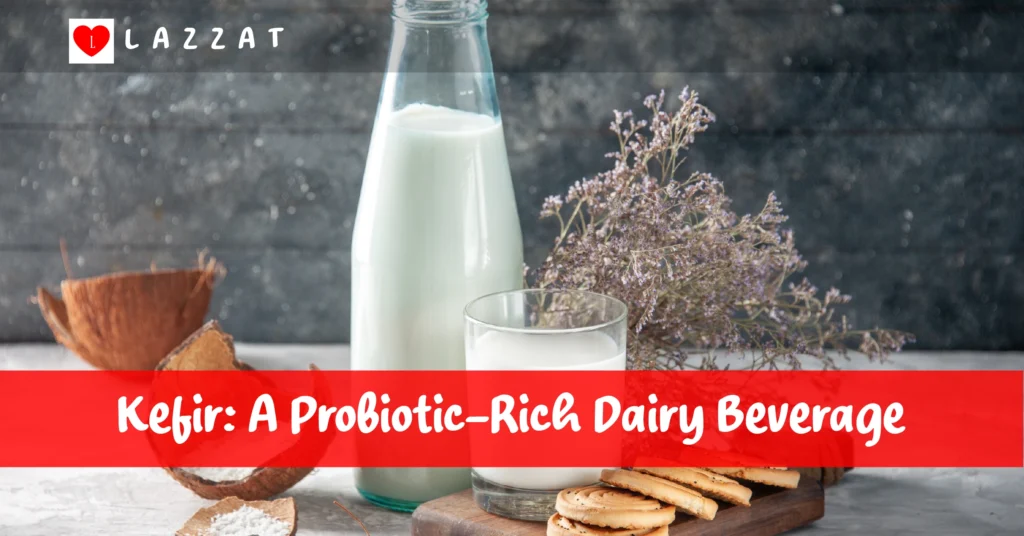
Sauerkraut: A Tangy and Nutritious Fermented Cabbage
If you want to improve your gut health, try sauerkraut. This fermented cabbage is full of probiotics and nutrients. It can greatly benefit your digestive system.
The Gut-Friendly Benefits of Sauerkraut
The tangy flavor of sauerkraut comes from its fermentation. This process makes it rich in lactic acid bacteria. These good bacteria help keep your gut healthy, aid digestion, and boost your immune system.
Sauerkraut is also packed with fiber, vitamins, and minerals. It’s a great source of vitamin C, vitamin K, and iron. The fermentation makes these nutrients more easily absorbed by your body.
Adding sauerkraut to your meals is easy and tasty. You can use it as a condiment, side dish, or topping. It’s a great way to enhance your gut health and overall well-being.
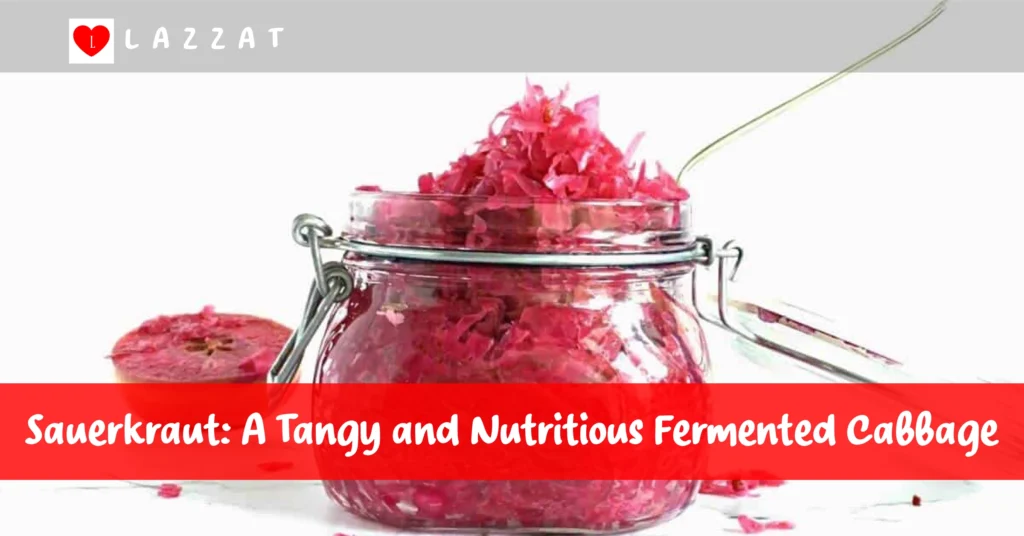
Kimchi: A Spicy and Flavorful Korean Fermented Dish
Kimchi is a favorite Korean dish that’s full of probiotics, vitamins, and minerals. It’s great for your gut health. This spicy, flavorful dish shows the amazing benefits of fermentation.
The way kimchi is made gives it lots of good bacteria, or probiotics. These help your digestive system work better, improve how you absorb nutrients, and support your gut health.
Kimchi also has important vitamins and minerals like vitamins A, C, and K, and iron, calcium, and fiber. Eating it can boost your health, strengthen your immune system, and help with digestion.
Adding kimchi to your meals is easy and tasty. You can have it as a side, a topping, or in your favorite dishes. It’s a superfood for your gut.
| Nutrient | Amount per serving (1/2 cup) |
|---|---|
| Calories | 23 |
| Carbohydrates | 4g |
| Fiber | 2g |
| Vitamin C | 13mg |
| Vitamin K | 45μg |
| Calcium | 49mg |
| Iron | 0.5mg |
Let kimchi be your gut-health hero. It’s not just tasty but also good for you. It’s a great way to support a healthy gut microbiome.
Miso: A Versatile Japanese Fermented Soybean Paste
Miso is a traditional Japanese soybean paste. It’s full of probiotics that help your gut. It also adds a unique flavor to many dishes.
The Nutritional Value of Miso
Miso is packed with nutrients. It has protein and all essential amino acids. It also has vitamins and minerals like vitamin K and iron.
The fermentation process makes miso rich in enzymes. These enzymes help with digestion and nutrient absorption.
Miso is known for its probiotics. The fermentation process grows good gut bacteria. This supports a healthy gut microbiome.
These probiotics can improve digestion and boost your immune system. They might even help with your mental health.
| Nutrient | Amount per 1 tablespoon (19g) |
|---|---|
| Calories | 35 |
| Protein | 2 grams |
| Carbohydrates | 4 grams |
| Fiber | 1 gram |
| Sodium | 695 mg |
| Manganese | 0.4 mg |
| Copper | 0.1 mg |
Miso is great for your diet. It has a rich flavor and lots of nutrients. It’s especially good for your gut health.
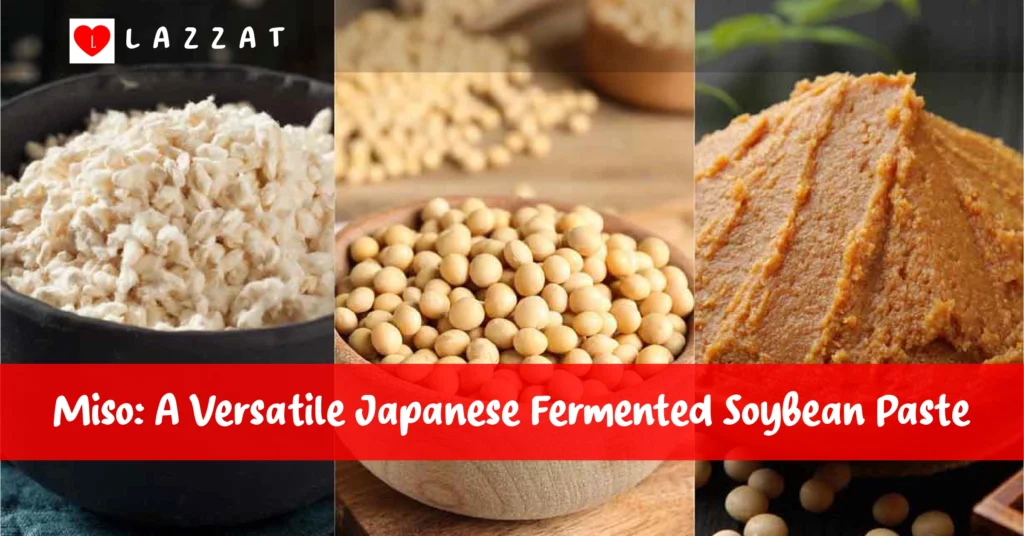
Yogurt: A Classic Fermented Dairy Product
Yogurt is a fermented dairy product full of probiotics. It helps keep your gut healthy. Eating yogurt can improve digestion and boost gut health.
Probiotics in yogurt are key to a balanced gut. They help break down food and keep the immune system strong. Regular yogurt consumption helps maintain a healthy gut balance.
Yogurt is also packed with nutrients like protein, calcium, and vitamin B12. These nutrients are good for bones, muscles, and energy. Yogurt is a great addition to any diet.
When picking yogurt, choose ones with live cultures. Look for “probiotic” or “Greek-style” yogurts. They have more beneficial bacteria than sweetened yogurts.
| Nutrient | Amount per 1 cup (245g) of Plain, Low-fat Yogurt |
|---|---|
| Protein | 12g |
| Calcium | 448mg |
| Vitamin B12 | 1.2mcg |
| Probiotics | Varies, but typically contain billions of live, active cultures |
Adding yogurt to your daily routine supports a healthy gut. It offers many benefits, like better digestion and a stronger immune system. Try different yogurts to find what you like best.
What Are the Best Fermented Foods for Gut Health?
Keeping your gut microbiome healthy is key to feeling good. Adding probiotic-rich fermented foods to your meals is a smart move. Let’s look at some top picks that can help your gut and balance your microbiome.
Kombucha is a fizzy, sweet tea full of good bacteria. It’s great for digestion, boosts your immune system, and can even help with weight. It’s a drink that’s good for your gut.
Kefir is a tangy, fermented dairy drink. It’s packed with probiotics that can ease digestive problems and help with lactose intolerance. It’s a gut-friendly superstar.
Sauerkraut and kimchi are top fermented veggies for your gut. They’re full of probiotics, fiber, and vitamins. They’re crunchy, tangy, and good for your gut health.
Miso is a fermented soybean paste that’s great for your gut. It’s used in soups, sauces, and marinades. It brings beneficial bacteria to your gut.
| Fermented Food | Key Gut Health Benefits |
|---|---|
| Kombucha | Improved digestion, enhanced immunity, weight management |
| Kefir | Soothing digestive issues, alleviating lactose intolerance, overall gut health support |
| Sauerkraut | Probiotics, fiber, vitamins, and minerals for gut microbiome |
| Kimchi | Probiotics, fiber, vitamins, and minerals for gut microbiome |
| Miso | Gut-healing benefits, versatile ingredient |
Adding these fermented foods to your diet can boost your gut health. It can also improve digestion and overall well-being. A healthy gut microbiome is essential for a healthy body and mind.
Conclusion
By incorporating fermented foods into your diet, you’re taking a proactive step towards a healthier, happier you. These probiotic-rich delights can significantly improve digestion, boost immunity, and enhance overall well-being.
Remember, a healthy gut is the foundation of a healthy life. So, embrace the power of fermentation and savor the benefits!
Please Also Read: How to Drink Apple Cider Vinegar for Weight Loss in 1 Week?
FAQs
What are fermented foods?
Fermented foods are created through a process of microbial fermentation, which transforms food substrates into beneficial compounds. They are rich in probiotics, live bacteria that promote gut health.
How do fermented foods benefit gut health?
Fermented foods contain probiotics that balance the gut microbiome, improve digestion, enhance nutrient absorption, and strengthen the immune system.
What are some popular fermented foods?
Some popular fermented foods include yogurt, kefir, sauerkraut, kimchi, miso, and kombucha.
Can anyone consume fermented foods?
Most people can enjoy fermented foods. However, individuals with specific dietary restrictions or sensitivities should consult with a healthcare professional before incorporating them into their diet.
Are there any side effects of consuming fermented foods?
While fermented foods are generally safe, excessive consumption may lead to digestive issues in some individuals. It’s best to start with small amounts and gradually increase intake.

